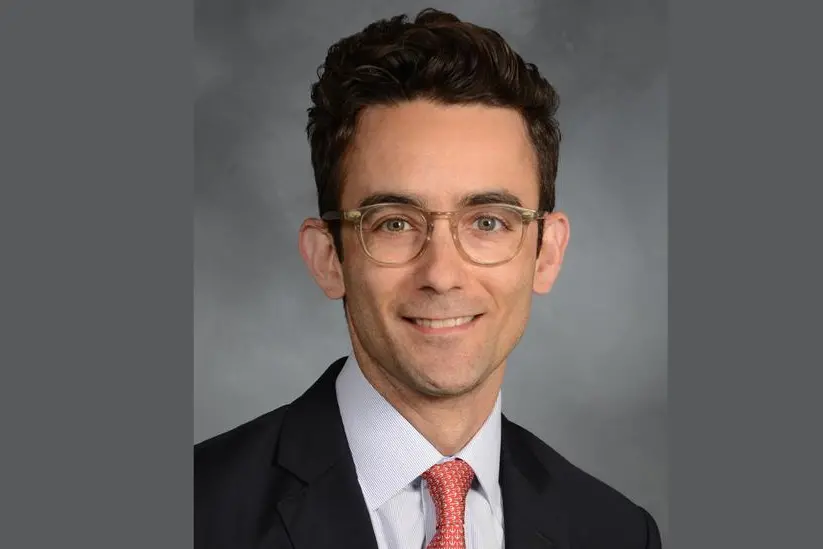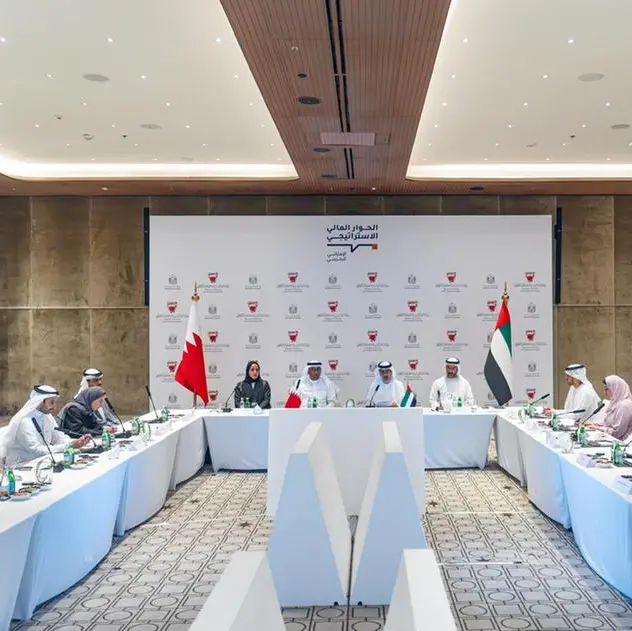PHOTO
Doha – Prostate cancer was the topic of discussion at the latest installment of Weill Cornell Medicine-Qatar’s (WCM-Q) Grand Rounds Live Webinar Series.
Prostate cancer, characterized by the uncontrolled growth of cells in the prostate—a key gland in the male reproductive system—is the second most commonly diagnosed cancer and the fifth leading cause of cancer-related deaths among men globally. Whereas some forms of prostate cancer progress slowly and may not require immediate treatment, others are aggressive and can spread quickly, making early detection and effective management crucial.
The webinar, titled “The Landscape of Advanced Prostate Cancer,” aimed to enhance participants’ understanding of the pathophysiology of advanced prostate cancer, including hormone resistance, and to recognize and differentiate among the various therapeutic modalities used in advanced prostate cancer and their impact on medical management/comorbidities. The session was organized by the Division of Continuing Professional Development (CPD) at WCM-Q.
Dr. Jones T. Nauseef, the senior medical director of Convergent Therapeutics, a clinical-stage biotechnology company, and an assistant professor of medicine (courtesy) within the Division of Hematology and Medical Oncology at Weill Cornell Medicine (WCM) led the discussion. Dr. Nauseef’s expertise lies in genitourinary (GU) cancers and early-phase clinical trials. His translational research delves into the genomics of advanced prostate cancers, including neuroendocrine prostate cancer, and the genomics of healthcare disparities.
While at WCM, Dr. Nauseef was involved in the WCM trial portfolio, which emphasized prostate-specific membrane antigen (PSMA)-targeted therapies. Since joining Convergent Therapeutics in early 2024, he has led the development of the first commercial study CONVERGE-01 involving the anti-PSMA radioantibody, initially developed at WCM.
Addressing a diverse audience of physicians, nurses, dentists, pharmacists, allied health professionals, students, researchers, and educators, Dr. Nauseef said: “As the most common non-cutaneous cancer in males, a basic working knowledge of prostate cancer is valuable for nearly everyone involved in healthcare. Understanding the disease and its treatments allows us all to appreciate the broad impact that prostate cancer has on patients – including quality of life – as well as their loved ones and surrounding community. In this way we can all best support these patients. Fortunately, the future of prostate cancer therapies is bright.”
WCM-Q Grand Rounds is a lecture series that offers high-quality continuing medical education and professional development opportunities for physicians and other healthcare professionals. The webinar was accredited locally by the Ministry of Public Health’s Department of Healthcare Professions – Accreditation Section and internationally by the Accreditation Council for Continuing Medical Education (ACCME).
About Weill Cornell Medicine-Qatar
Weill Cornell Medicine-Qatar is a partnership between Cornell University and Qatar Foundation. It offers a comprehensive six-year medical program leading to the Cornell University M.D. degree with teaching by Cornell and Weill Cornell faculty and by physicians at Hamad Medical Corporation (HMC), Aspetar Orthopedic and Sports Medicine Hospital, the Primary Health Care Corporation, the Feto Maternal Center, and Sidra Medicine, who hold Weill Cornell appointments. Through its biomedical research program, WCM-Q is building a sustainable research community in Qatar while advancing basic science and clinical research. Through its medical college, WCM-Q seeks to provide the finest education possible for medical students, to improve health care both now and for future generations, and to provide high quality health care to the Qatari population.
For more info, please contact:
Hanan Lakkis
Associate Director, Media and Publications
Weill Cornell Medicine - Qatar
hyl2004@qatar-med.cornell.edu




















